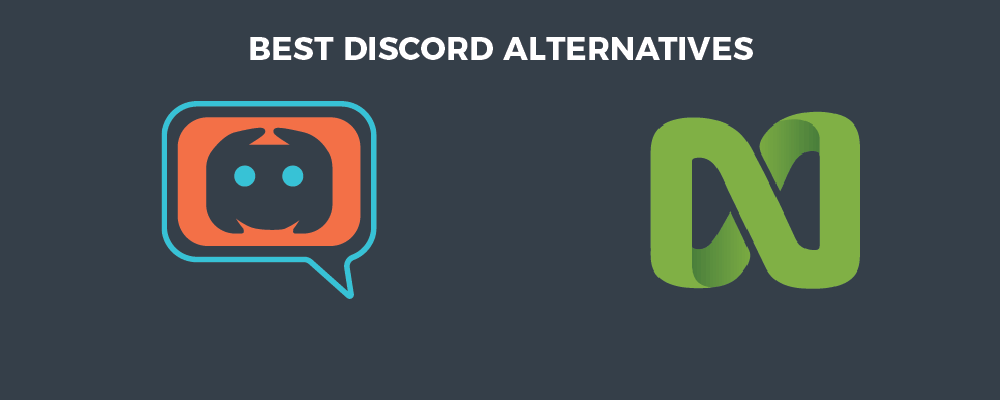Introduction to AI Tools for Small Business
Artificial Intelligence AI tools are increasingly transforming the way small businesses operate, enabling them to compete with larger organizations on more equal footing. At their core, AI tools utilize sophisticated algorithms and data-driven techniques to automate processes, analyze vast amounts of information, and provide insights that help business owners make informed decisions. These tools can vary widely in functionality, from customer relationship management systems to predictive analytics platforms, each designed to streamline operations and enhance overall efficiency.
The significance of AI tools for small businesses cannot be understated. In an era characterized by rapid technological advancements, the necessity to adapt and utilize available resources effectively has become crucial for sustained growth. AI tools empower small business owners to optimize various aspects of their operations, including marketing, customer service, inventory management, and financial forecasting. By leveraging these tools, businesses can free up time and resources that can be redirected toward strategic initiatives aimed at enhancing profitability and competitiveness.
Additionally, AI tools provide small businesses with capabilities that were once accessible only to larger enterprises due to the required resources and expertise. Through machine learning and natural language processing, these tools can offer tailored recommendations, automate routine tasks, and provide analytics that support data-driven decision-making. This shift toward a more tech-driven framework equips small businesses with the tools they need to thrive in a digital economy.
As we delve further into the discussion surrounding AI tools for small business, it is essential to recognize their role not merely as technological innovations but as critical enablers of growth and adaptability. With the right AI solutions in place, small business owners can unlock new opportunities, streamline operations, and ultimately drive success in their respective markets.
Key Types of AI Tools Beneficial for Small Businesses
Small businesses operate in a competitive landscape where leveraging advanced technologies can significantly elevate their capabilities and growth potential. Among these technologies, AI tools for small business serve as critical assets across various operational domains. Here, we explore key categories of these tools and their specific advantages.
One of the most vital types of AI tools are Customer Relationship Management (CRM) systems. These platforms enable small businesses to automate interactions with customers, enhance relationship management, and streamline sales processes. For instance, a local retail store utilizing a CRM can track customer purchases and preferences, allowing for personalized marketing efforts that drive sales. Noteworthy CRM solutions like HubSpot and Zoho are widely adopted for their user-friendly interfaces and robust functionalities.
Next, marketing automation tools exemplify another essential category. These tools help small businesses automate repetitive marketing tasks such as email campaigns, social media posting, and lead generation. By employing AI-driven insights, businesses can better understand customer behavior and tailor their outreach accordingly. For example, a small e-commerce store can use Mailchimp to segment its audience and send targeted promotional emails, significantly improving engagement rates.
Data analysis platforms represent another crucial facet of AI tools for small business. These platforms empower organizations to analyze vast amounts of data efficiently, revealing actionable insights that drive strategic decision-making. Tools such as Google Analytics provide small businesses with real-time data on customer behavior and website performance, facilitating informed choices about marketing strategies and product offerings.
Lastly, chatbots are transforming customer service for small enterprises. By providing instant responses to customer queries, these AI-driven tools enhance customer experience while freeing up staff time. For example, a small hospitality business can deploy chatbots on its website to assist potential guests with bookings or inquiries around the clock, improving service efficiency and satisfaction.
The Impact of AI on Small Business Operations
The integration of AI tools for small businesses represents a significant shift in operational efficiency and effectiveness. These advanced technologies are poised to transform day-to-day operations, making previously time-consuming tasks more manageable. One of the key benefits is automation; routine tasks such as inventory management, appointment scheduling, and invoicing can be streamlined, allowing employees to focus on more strategic functions. This automation not only saves time but also reduces the likelihood of human error, leading to improved accuracy and productivity.
Moreover, AI tools can enhance customer service capabilities. Intelligent systems can assist in responding to customer inquiries in real-time, ensuring prompt and accurate responses. Chatbots and virtual assistants, powered by artificial intelligence, can manage basic customer service interactions, freeing up human agents to address more complex issues. This shift not only improves customer satisfaction but also enhances the overall customer experience, fostering loyalty and driving repeat business for small firms.
Data-driven decision-making represents another vital advantage provided by AI technologies. By analyzing vast amounts of data, AI tools can uncover insights and trends that may not be readily apparent to business owners. This empowers small businesses to make informed decisions regarding marketing strategies, inventory purchases, and customer segmentation. However, the integration of AI is not without challenges. Small businesses may face resistance to change, a skills gap among employees, or concerns over data privacy and security. To overcome these obstacles, small business owners should prioritize training their staff and adopting a phased approach to implementation, ensuring that employees are comfortable with new technologies.
In conclusion, AI tools for small businesses hold a transformative potential, driving efficiency and enhancing customer relations while presenting certain challenges that must be strategically managed.
Getting Started with AI Tools for Small Business
Implementing AI tools for small business can significantly enhance efficiency and decision-making processes. To successfully get started, a structured approach is essential. The first step should be identifying the specific needs of your business. Analyze areas where AI tools can provide most value, such as customer service, marketing automation, or data analysis.
Next, consider your budget. AI tools can vary widely in cost, from free software with limited capabilities to comprehensive platforms requiring a subscription. It’s advisable to set a clear budget that aligns with your business objectives. Keep in mind that while initial investments may seem high for some AI tools for small business, the long-term benefits often justify the expense through increased productivity and improved customer experiences.
Integration is a crucial aspect of adopting any new technology. Examine your existing systems to ensure compatibility with the chosen AI tools. Many platforms offer APIs or integration options, but it’s vital to assess how seamlessly these tools can fit within your current ecosystem. This will minimize operational disruption and ensure a smoother transition.
After selecting and integrating the necessary AI tools, training your staff is critical for successful adoption. Invest time in educating employees on how to utilize these tools effectively. Workshops, tutorials, or guided training sessions can enhance their understanding and proficiency, ensuring that the potential of AI tools is fully leveraged.
Finally, establishing metrics for evaluating the success of the implemented AI tools is essential. Regularly assess performance indicators such as productivity improvements, cost reductions, and customer satisfaction levels. This ongoing evaluation will help ensure that the AI tools continue to meet your business’s evolving needs and objectives, thus sustaining growth and innovation in the long run.










